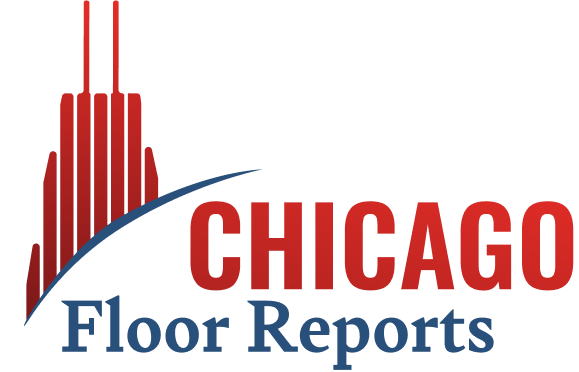April Sees Record Low in Pending Home Sales Amidst Pandemic
Pending Home Sales in April Slump to Lowest Level Since the Start of the Pandemic
The housing market, a critical barometer of economic health, has been experiencing significant turbulence in recent months. According to the latest data released by the National Association of Realtors (NAR), pending home sales in April slumped to their lowest level since the onset of the pandemic. This downturn raises concerns about the continued strength of the real estate market and its implications for the overall economy.
Several factors have contributed to the decline in pending home sales. The ongoing supply chain disruptions have resulted in a shortage of available homes on the market, limiting the options for prospective buyers. Additionally, rising construction costs and labor shortages have made it challenging for developers to meet the growing demand for housing. These supply-side issues have created a competitive market environment, with multiple buyers vying for limited inventory, driving up prices and deterring some potential purchasers.
The rise in mortgage rates has also played a role in dampening the enthusiasm of homebuyers. As borrowing costs increase, many buyers are reevaluating their financial options and may be delaying their purchasing decisions in the hopes of securing more favorable terms in the future. The uncertainty surrounding the direction of interest rates and inflation has added a layer of complexity to the decision-making process for both buyers and sellers.
The impact of the decrease in pending home sales goes beyond the housing market itself. Real estate transactions have a ripple effect on various industries, such as construction, home improvement, and retail. A slowdown in home sales can lead to decreased activity in these sectors, affecting employment levels and economic growth. Furthermore, a cooling housing market may have broader implications for consumer confidence and spending patterns, potentially influencing the overall trajectory of the economy.
Policy responses to address the challenges facing the housing market will be crucial in navigating the current environment. Efforts to increase housing supply, promote affordable housing options, and support homebuyers facing financial constraints could help alleviate some of the pressures on the market. Additionally, initiatives aimed at stabilizing mortgage rates and providing clarity on future monetary policy decisions may help restore confidence among potential buyers and sellers.
Despite the recent setbacks in pending home sales, the housing market remains a key driver of economic activity and a fundamental component of household wealth. As the industry grapples with ongoing challenges, it will be essential for stakeholders to collaborate on solutions that support a sustainable and inclusive housing market. By addressing the underlying issues and implementing targeted interventions, policymakers and industry participants can work towards a more resilient and balanced real estate sector that benefits both individuals and the broader economy.




